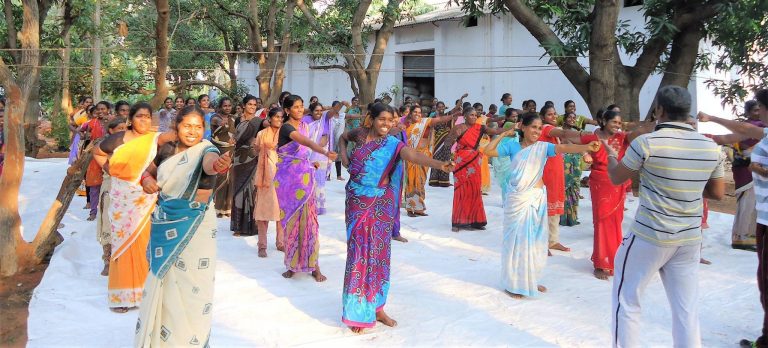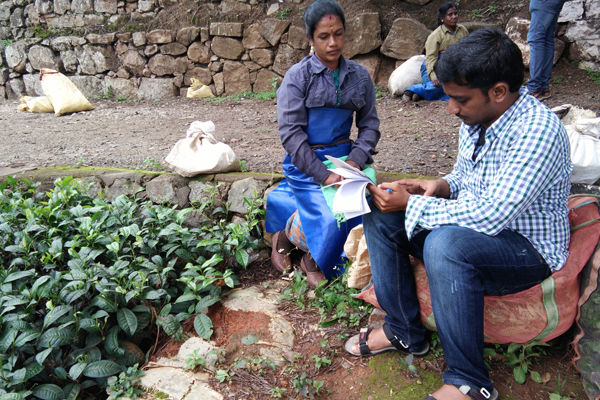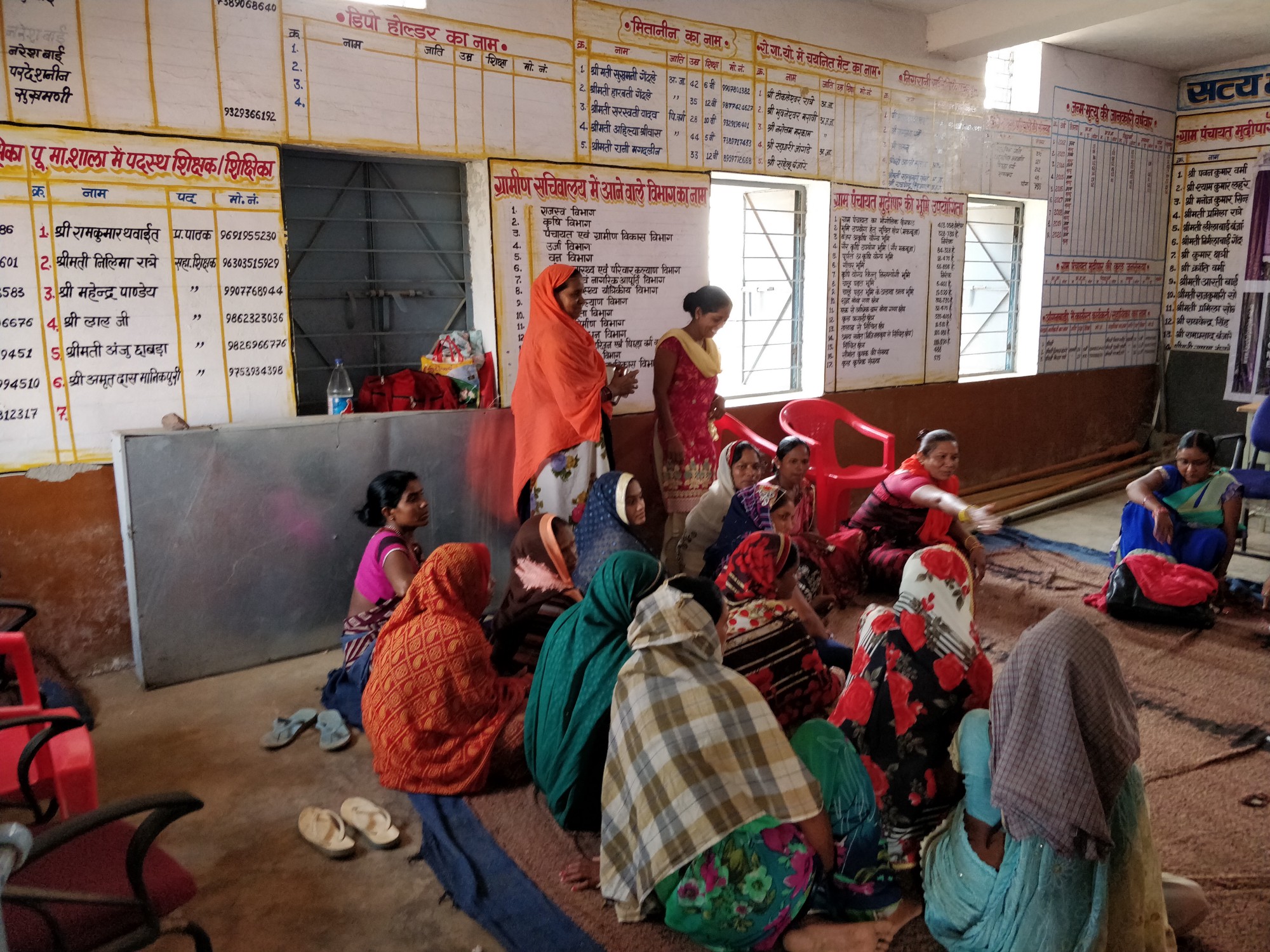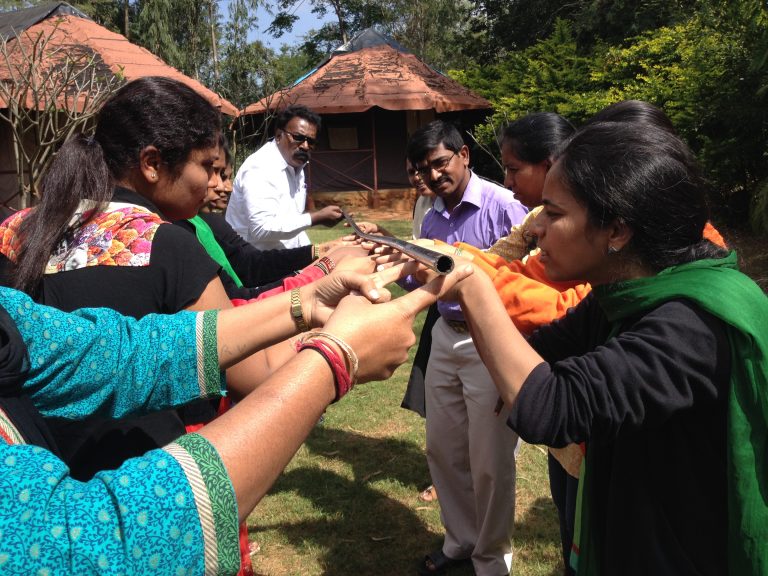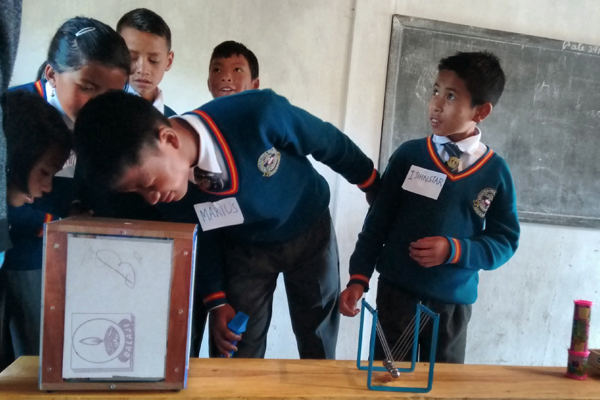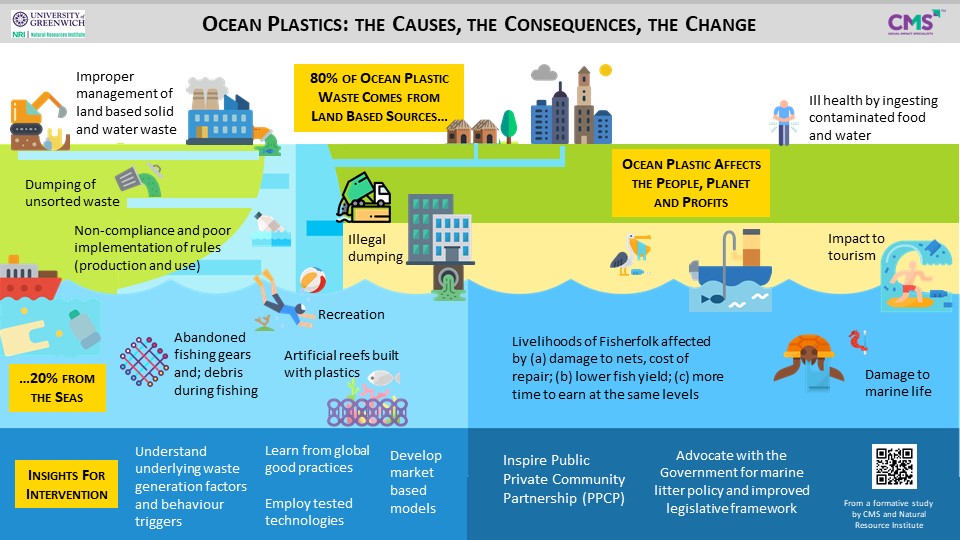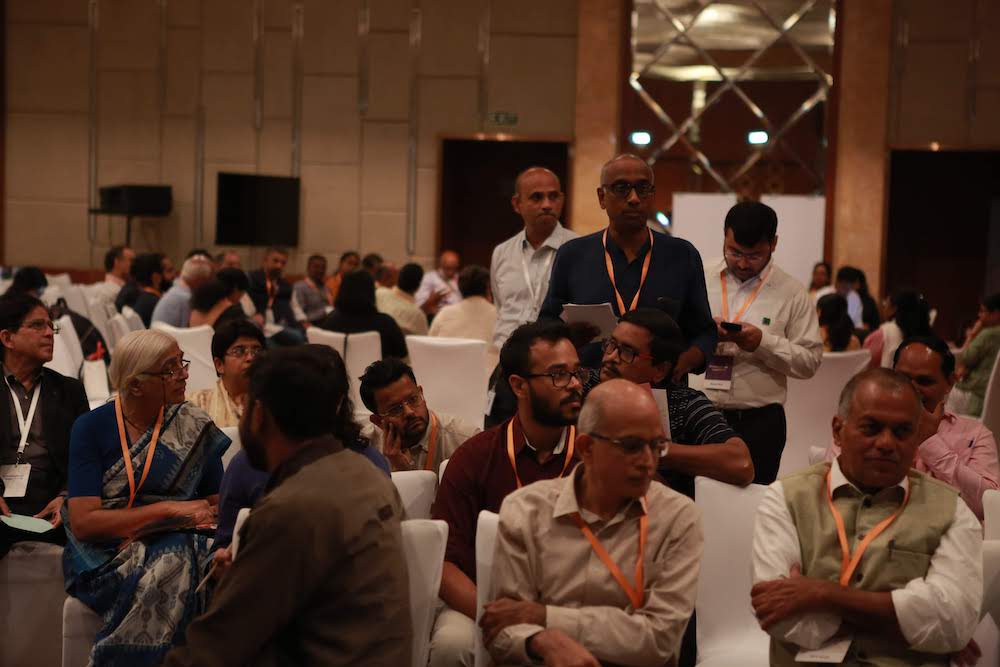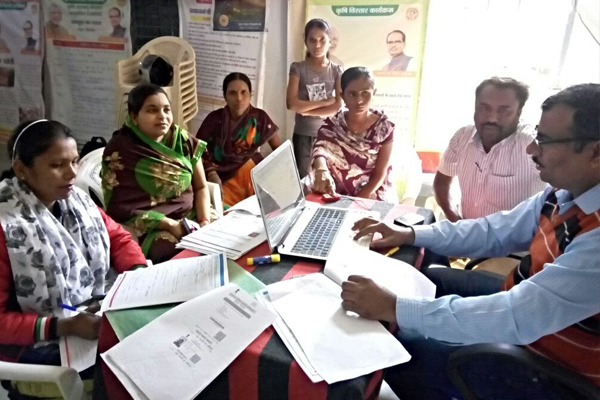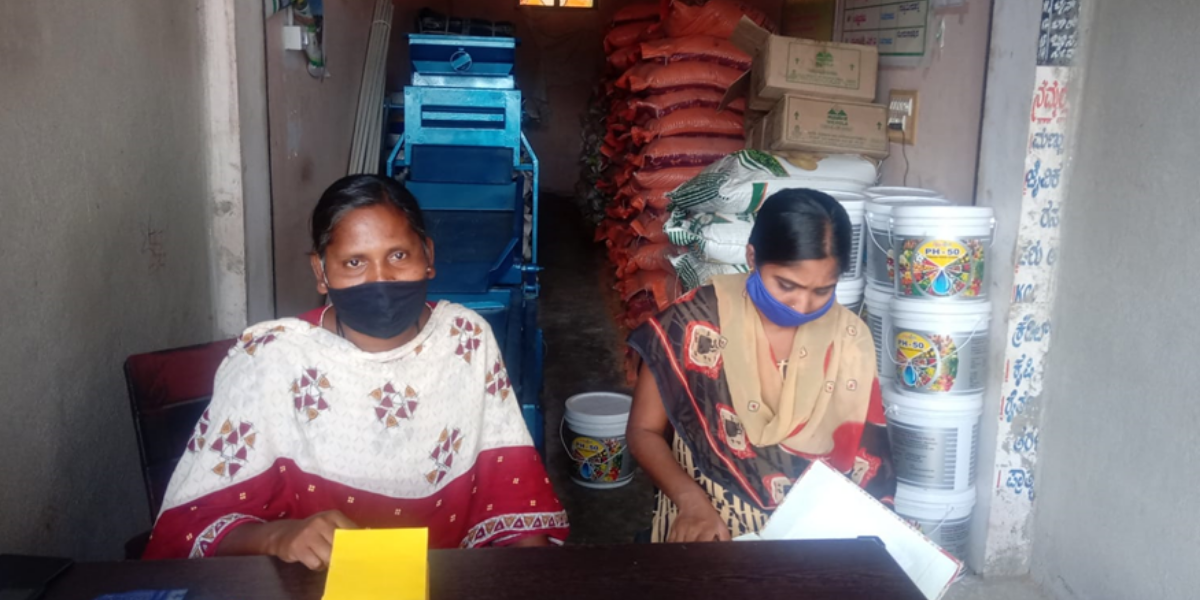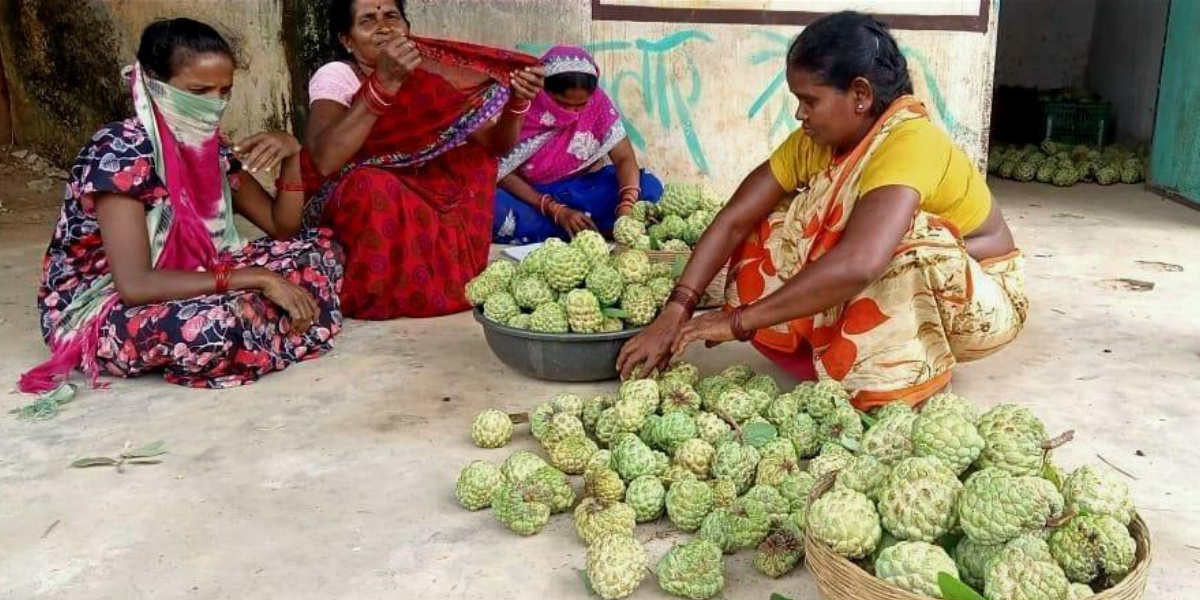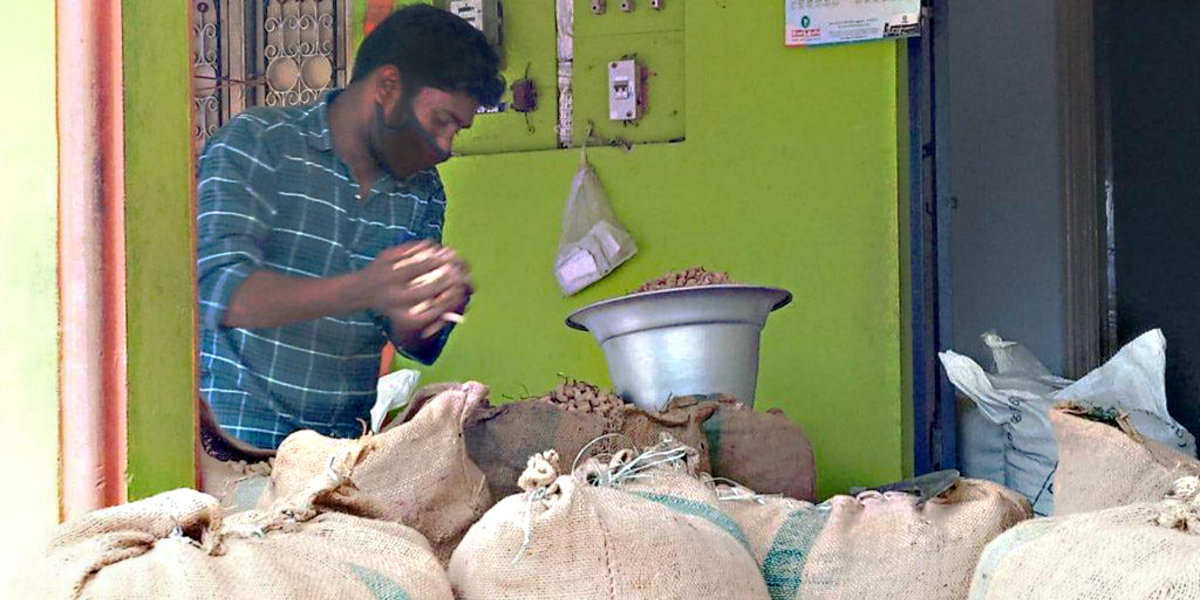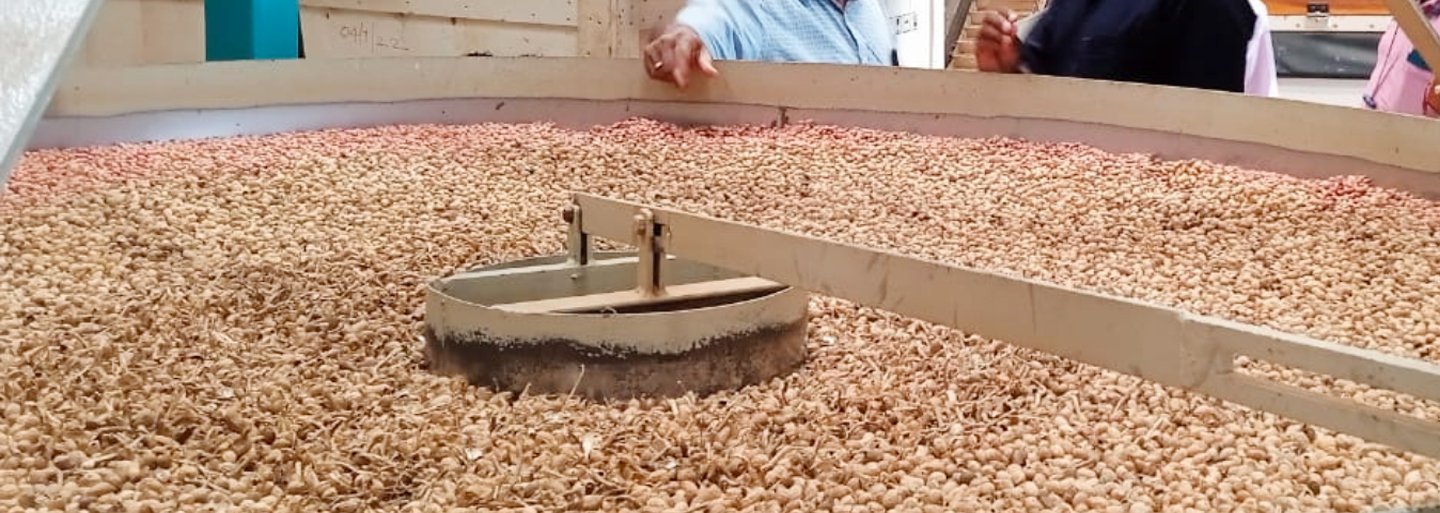Resourceful producer companies address farmers’ lockdown challenges
https://www.villagesquare.in/resourceful-producer-companies-address-farmers-lockdown-challenges/
Nikhila Shastry and Sharmishtha Bose Jul 10, 2020 Pudukottai, Tamil Nadu
As members struggled to buy farm inputs and sell produce, their FPCs, with special permission, arranged for inputs and sold their produce directly to consumers

In villages, the nationwide lockdown threw up many challenges for farmers and entrepreneurs. Villages in Pudukkottai district in Tamil Nadu faced similar challenges.
Farmer-producer organisations aggregate produce such as vegetables, maize, groundnuts, milk, etc., of their member farmers and sell them to maximise profit. However, the lockdown posed challenges in reaching the regular markets.
To overcome the issues, farmer-producer companies obtained special permission for transportation and took their produce for sale directly to consumers. This reduced produce waste, increased earnings for their member farmers, and provided consumers with access to vegetables and other necessities.
Sale of produce
Ambuliaaru Agriculture Producer Company Limited (APCL) in Vadakadu village, registered in March 2016, has 1,381 shareholders. Due to the lockdown, they struggled to sell their produce. While the markets were closed and farmers could not sell their produce, consumers could not buy vegetables.
Ambuliaaru APCL decided to bridge the gap. They sought permission for relaxation in vehicular movement to transport essential goods. They gained the confidence of authorities in the district administration through regular interaction. With the assurance that they would diligently follow safety norms, they obtained permission.
One of the farmer-producer companies facilitated the production of cattle feed and sold it at members’ doorsteps at a lesser price (Photo courtesy: Vrutti)
They procured brinjal, bitter gourd, okra, snake gourd, drumstick, tomatoes and other vegetables from the farmers and took them in vans to sell to individual households. If vegetables were in limited supply or not available, APCL bought them from nearby local markets and supplied them to the customers.
By approaching consumers directly, Ambuliaaru APCL sold about 7,000 kg of vegetables in a month, benefiting 1,092 farmers. From its member farmers, it also bought 15.6 tonnes of groundnut, worth Rs 7.91 lakh.
Farmers’ needs
The lockdown coincided with the sowing season for groundnut. But the input shops were closed, and the farmers could not purchase groundnut seeds. Ambuliaaru APCL made arrangements to procure 178 bags of groundnut seeds, each weighing 40 kg, from a regular supplier in a town that is more than 80 km away.
Ambuliaaru APCL not only arranged for good-quality groundnut seeds, but also supplied the same at a minimum price to its member farmers. The retail price is Rs 3,000 per bag, but the FPC supplied them for Rs 2,800 per bag. The total purchase of groundnut seeds amounted to more than Rs 5.5 lakh.
The shutdown of local shops led to a sharp increase in the price of cattle feed. Livestock farmers struggled, as the cattle feed that cost Rs 1,400 per bag of 50 kg was being sold at Rs 1,600 during the lockdown. Karambakudi Pasumai Agriculture Producer Company Limited, in Vettanviduthi village, with 583 shareholders, decided to produce cattle feed.
With the local markets closed, a farmer-producer company sold groundnuts directly to villagers (Photo courtesy: Vrutti).
As it is a mechanised process, the FPC decided to utilise the production units. They arranged for raw materials, such as black gram husk and maize, from farmers. It takes six hours to produce 1,000 kg of cattle feed and they were able to produce the required quantity.
The FPC sold the feed at Rs 1,350 per bag, Rs 50 less than the pre-lockdown market price. They also delivered the feed to the farmers’ doorsteps. In the lockdown period, until the first half of May, they did business for Rs 73,100. Apart from cattle feed, Karambakudi Pasumai APCL has also been involved in the sale of vegetables, groceries and maize.
“When most of the shops were closed and we couldn’t buy groundnut seeds, our company arranged for good-quality seeds and even delivered the seeds at our doorstep,” said Vanitha, a member of Mukkanicholai Agriculture Producer Company Limited. “It helped me sow at the right time.”
Value-added services
Members of the Ambuliaaru APCL sold groundnut oil and coconut oil, extracted in their own units, through the vans that transported vegetables. The total turnover from the sale of oils was Rs 14,307, which benefited 61 farmers.
Ambuliaaru APCL offered additional services by purchasing essentials such as spices and pulses from authorised local wholesale markets and selling them along with the vegetables. The sale of these items helped around 100 farmers make additional income.
Dairy farmers
Mukkanicholai Agriculture Producer Company Limited, in Koolayankadu village, has 790 shareholders. In this FPC, during the lockdown period, the members continued with their dairy work and distributed milk.
| During lockdown, the farmers did not hike the price of milk, as in other places. They distributed milk to households and members of the communities, besides some tea shops that were open. During lockdown, till the first half of May, the total turnover through the sale of milk was Rs 55,668, for 12 dairy farmers. |
Groundnut being sold in a wholesale shop in Vettanviduthi village (Photo courtesy: Vrutti)
MAPCL also arranged for groundnut seeds for its members. The farmers harvested paddy during the lockdown and sold a total of 343 kg of rice, resulting in business worth over Rs 20 lakh. A very important highlight across the three FPCs is the remarkable number of women shareholders—about 90% of members in each FPC are women shareholders.
Nikhila Shastry works at Catalyst Management Services in Bengaluru. She has a master’s in Livelihoods and Social Entrepreneurship from TISS. Sharmishtha Bose works at Vrutti Livelihood Impact Partners in Bengaluru. Views are personal.

